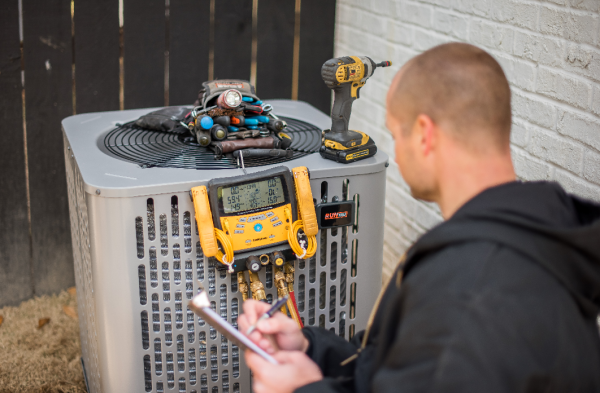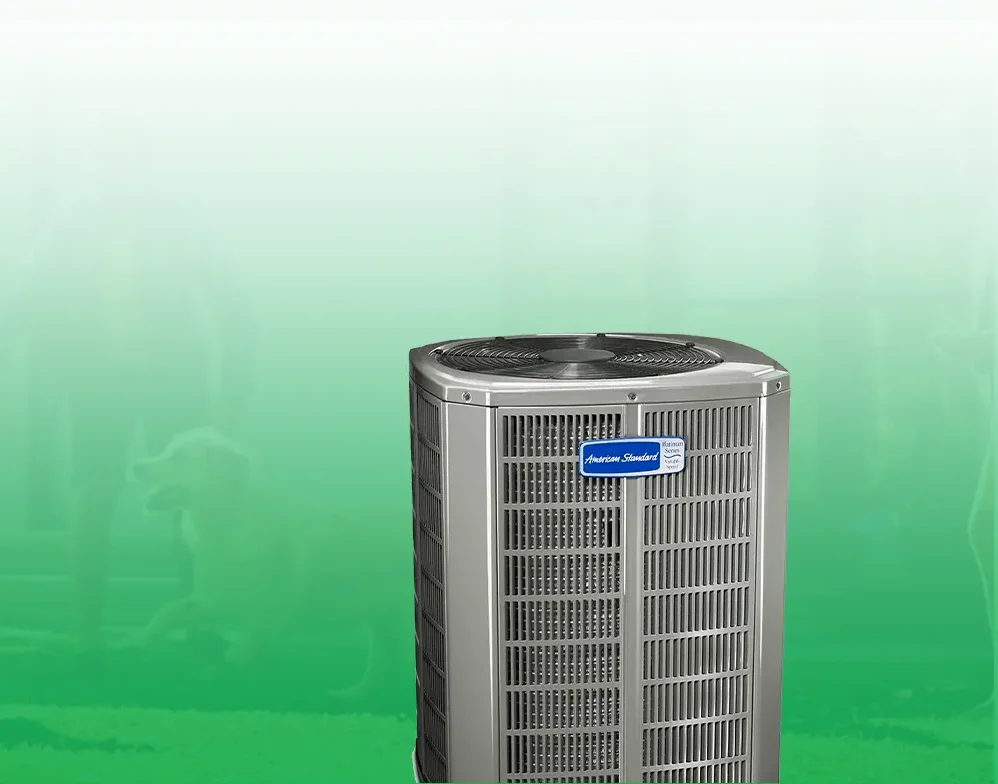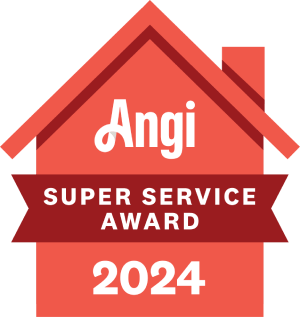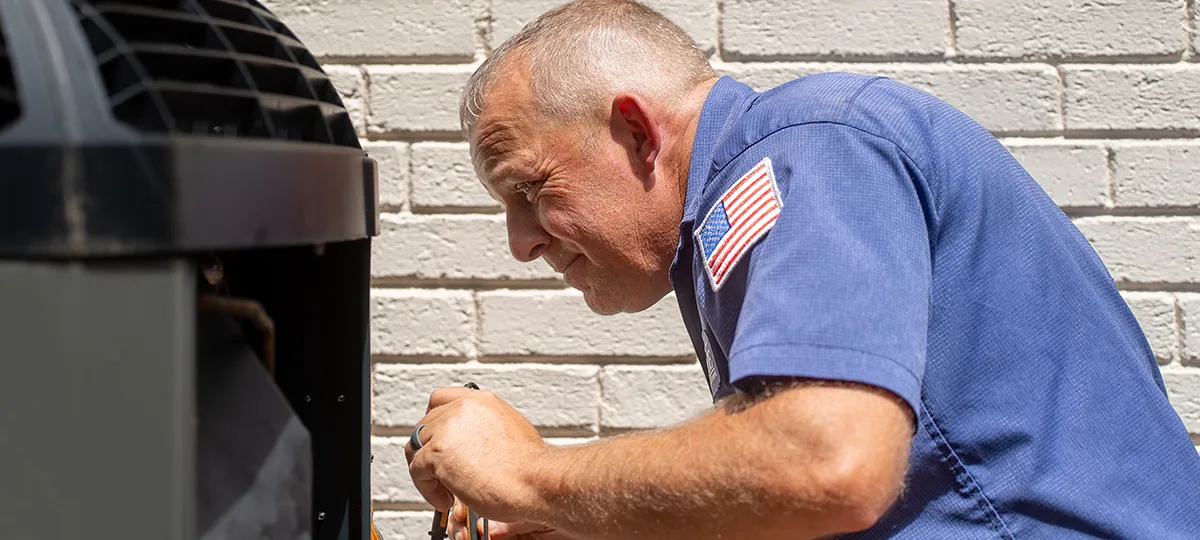When most homeowners think of air conditioning repairs, the first factors that come to mind are likely obvious: malfunctioning components, clogged filters, or refrigerant leaks. However, there are a number of unconventional and often overlooked factors that can significantly impact the need for air conditioning repair. These factors go beyond the standard issues and can make the difference between a system that runs efficiently for years and one that requires frequent, costly repairs.
What are Some Unexpected Environmental Factors that Can Affect Air Conditioning Repair Needs?
While environmental factors like temperature and humidity are common culprits in air conditioning repairs, there are other environmental elements that may not immediately come to mind but still have a significant impact on how well your system performs over time. These can include outdoor pollution, salt in coastal areas, and even pest infestations.
1. Air Quality and Pollution
Air quality is often an afterthought when it comes to air conditioning systems, but polluted air can significantly affect your unit’s performance and longevity. Areas with high levels of pollution—such as cities with heavy traffic or industrial zones—can lead to the accumulation of dirt, soot, and other particulate matter in the system. Over time, this can clog air filters, damage coils, and even lead to motor failures, requiring more frequent repairs.
- Impact on Components: Polluted air can cause debris to build up on filters, reducing airflow and making the system work harder. This can lead to overheating and eventual breakdowns.
- Increased Frequency of Cleaning: Homes or businesses in areas with poor air quality may need more frequent maintenance and cleaning, including coil cleaning and filter replacements.
2. Salt and Humidity in Coastal Areas
Homes located near coastal areas face unique challenges when it comes to air conditioning. The salty air in coastal regions can corrode the metal components of an air conditioning unit, such as the coils and the condenser. This can shorten the lifespan of the system and cause corrosion that requires repair or replacement of key parts.
- Salt Corrosion: Salt air can cause the evaporator coils and condenser fins to rust, reducing system efficiency and increasing repair needs.
- Increased Moisture: Coastal regions are also typically high in humidity, which can accelerate wear and tear on components. The increased moisture in the air can also encourage mold growth in the system, leading to unpleasant odors and potential health risks.
3. Pest Infestation
Pests like rodents, insects, and other animals can wreak havoc on your air conditioning system. These creatures can chew through wires, build nests inside the unit, or clog components with debris, leading to malfunctions and breakdowns. If you live in a region with high pest activity, this factor should be considered when evaluating repair needs.
- Damage to Wiring: Rodents and other pests can chew through wiring, which can cause electrical failures or even fire hazards.
- Debris in the System: Animals and insects can create blockages in the ductwork or around the system, affecting airflow and efficiency.
By being aware of these less obvious environmental influences, homeowners can take proactive measures to protect their systems, such as installing air purifiers, using protective covers, or scheduling regular inspections for pests.
How Does Building Design Influence the Frequency of Air Conditioning Repairs?
The design and layout of a building can have a profound effect on how well an air conditioning system performs. Certain building features can lead to overworked units or increased wear and tear on components, which in turn leads to more frequent repairs. It’s important to consider these factors when evaluating whether your air conditioning system is operating optimally or requiring constant repairs.
1. Insulation and Ventilation
A building’s insulation plays a critical role in how well an air conditioning system works. Poor insulation can allow cool air to escape and warm air to enter, forcing the air conditioning unit to work harder to maintain the desired temperature. This added strain can lead to premature system failure.
- Inadequate Insulation: If your home has poor insulation, your AC will have to run longer, leading to more frequent breakdowns due to the increased load.
- Poor Ventilation: Buildings with inadequate airflow can also put a strain on air conditioning systems. Without proper ventilation, air can become stale and the system may struggle to cool efficiently, leading to overheating and component failures.
2. Open Floor Plans vs. Partitioned Spaces
The layout of a building, particularly whether it has an open floor plan or separate rooms, can influence how effectively an air conditioning system distributes cool air. Open floor plans allow for better air circulation, meaning the system does not have to work as hard to cool a larger area. Conversely, partitioned spaces can create temperature imbalances that result in the AC working overtime in certain rooms, leading to system stress and higher repair needs.
- Energy Efficiency: Open layouts tend to be more energy-efficient because the cool air circulates freely through the space. This can reduce the strain on the air conditioning unit.
- Zoning Systems: In homes with multiple rooms or complex layouts, installing a zoning system can help mitigate uneven cooling, making the system more efficient and reducing the likelihood of repairs.
3. Roof and Window Design
Building elements such as roofing and window design can also impact the effectiveness of an air conditioning system. A home with large, south-facing windows may experience more heat gain during the summer, putting extra strain on the air conditioner. Similarly, buildings with poor roofing or inadequate insulation in the attic can allow heat to build up inside, making it harder for the AC to cool effectively.
- Sun Exposure: Homes with poorly shaded windows or inadequate glazing may experience higher internal temperatures, requiring the air conditioning unit to run more frequently.
- Roof Insulation: Homes without adequate roof insulation or ventilation can experience higher indoor temperatures, which increase the demand on air conditioning systems.
Can the Quality of Installation Impact Long-Term Air Conditioning Repair Requirements?
The installation quality of an air conditioning system is arguably one of the most important factors that determine its long-term performance and repair needs. A poorly installed system can experience frequent issues, such as inadequate cooling, refrigerant leaks, and electrical problems, leading to costly repairs. It’s essential to invest in professional installation to avoid these problems down the line.
1. Improper Sizing
An air conditioning system that is too large or too small for the space it’s cooling will encounter significant operational challenges. An oversized unit will cycle on and off frequently, leading to inefficient energy use and excessive wear on components. An undersized unit will struggle to cool the space effectively, leading to constant strain on the system.
- Overworking the Unit: A system that is too small will have to work harder, leading to overheating and early breakdowns.
- Efficiency Issues: An oversized system may not operate efficiently, causing unnecessary wear on the components and increasing repair needs.
2. Improper Ductwork Installation
The ductwork is crucial to how well an air conditioning system distributes cool air throughout the building. If ducts are improperly sized or poorly sealed, cool air can leak out, causing the system to work harder to maintain the desired temperature. This can lead to an increase in repairs due to the extra strain on the system.
- Leaks and Poor Airflow: Leaky ducts or poorly designed duct systems reduce the efficiency of the air conditioning unit and can result in mechanical failures over time.
- Airflow Restrictions: Improper ductwork can restrict airflow, causing the system to work harder and leading to overheating or compressor failure.
3. Refrigerant and Electrical Connections
Incorrect refrigerant levels and poor electrical connections can also cause long-term problems for an air conditioning unit. If the system is not properly charged with refrigerant or if wiring isn’t correctly connected, the system will struggle to operate, leading to frequent malfunctions.
- Refrigerant Leaks: An improperly installed system may have refrigerant leaks, which not only reduce efficiency but can also lead to costly repairs.
- Electrical Problems: Poor electrical connections can cause power surges, damage to the compressor, or complete system failures.
Choosing an experienced, licensed professional to handle your AC installation can ensure that the system is properly sized, installed, and calibrated, which reduces the likelihood of repair needs in the future.
What Role Does Regular Usage Patterns Play in Determining Air Conditioning Repair Needs?
The way in which an air conditioning system is used can have a significant impact on its longevity and repair needs. Regular usage patterns—such as how often the system is turned on, how long it runs, and at what temperature settings—can either extend or shorten the lifespan of an AC unit.
1. Frequent, Long Usage
Running an air conditioner constantly for extended periods can put a strain on the system, especially if the temperature is set too low or if the system isn’t properly maintained. The longer the unit runs, the greater the wear on components, which can lead to more frequent repairs.
- Extended Cooling Hours: Overuse can cause compressor failure, coolant leaks, and overheating, all of which require costly repairs.
- Temperature Settings: Running an AC system at an extremely low temperature consistently can cause the compressor to work harder, leading to system malfunctions.
2. Infrequent Use or Over-Cooling
On the other hand, air conditioning units that are used infrequently or set to excessively low temperatures may experience issues with components like the evaporator coil or condenser, which can freeze or become clogged. Inconsistent usage patterns can also cause the system to lose its ability to efficiently cool spaces, resulting in the need for repairs.
- Component Freezing: Infrequent use or very low settings may cause the coils to freeze, damaging the unit.
- Energy Inefficiency: Systems that are not properly maintained or used consistently may develop energy inefficiency, leading to breakdowns.
While the common causes of air conditioning repair needs are well understood, there are many unconventional factors that can contribute to frequent repairs. Environmental factors like pollution, coastal salt, and pest infestations can all play a role in a system’s longevity. Building design, the quality of installation, and usage patterns are also crucial factors in determining how often repairs are necessary.
By understanding these unconventional influences, homeowners can take proactive steps to ensure their air conditioning system performs efficiently and lasts longer, saving both time and money on repairs.
Protect Your AC and Maximize Efficiency: Schedule a Comprehensive Inspection Today!
Your air conditioning system deserves more than just routine maintenance – it needs a thorough inspection to identify any unconventional factors that could be affecting its performance. From environmental influences to building design and usage patterns, these often-overlooked elements can make a significant difference in how your system operates. Don’t wait for costly repairs to catch you off guard.
At Horne Heating and Air Conditioning Inc., we specialize in diagnosing and addressing the unique needs of your system to ensure its longevity and efficiency. Schedule a detailed inspection with our expert technicians today and safeguard your AC from unexpected breakdowns!
















